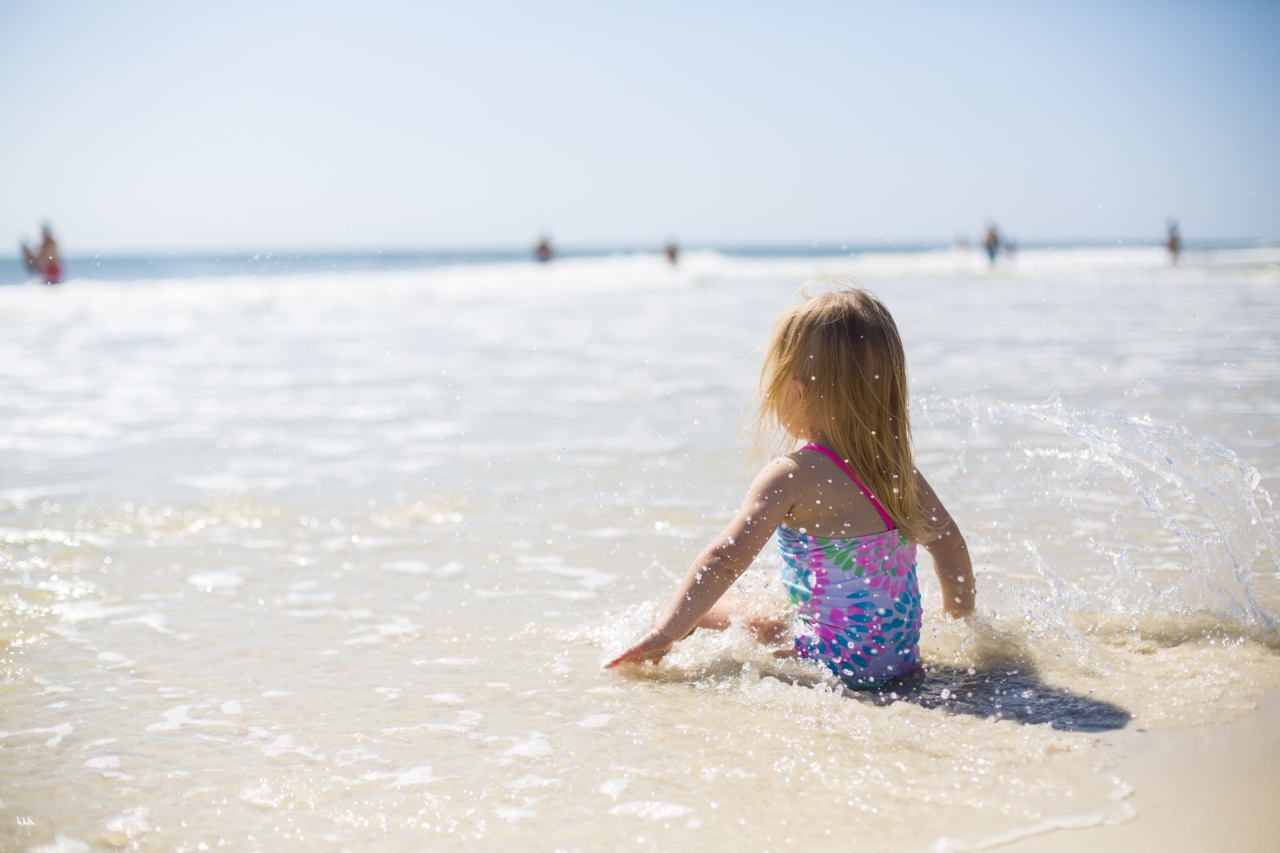Have you ever thought about using sea bathing as a natural remedy for bladder relief? Sea bathing involves immersing oneself in sea water and has been used for centuries as a therapeutic practice.
Due to the unique composition of sea water, it has been found to have many health benefits, including its potential to help improve bladder health. In this article, we will explore the many benefits of sea bathing for bladder relief.
What is Sea Bathing?
Sea bathing is the act of immersing oneself in sea water for therapeutic purposes. It is an ancient practice that has been used for centuries in many cultures throughout the world.
Sea bathing can be done in various forms such as swimming, floating or simply standing in the ocean water. The water temperature can also vary from cold to warm, depending on the individual’s preference and the location.
The Unique Composition of Sea Water
Sea water is a combination of different minerals, salts, and microorganisms that give it its unique composition. It contains high levels of sodium, magnesium, chloride, and potassium, which are beneficial for the body.
These minerals are known to help regulate blood pressure, aid in digestion, improve skin health, and boost the immune system. Additionally, sea water contains trace amounts of iodine and other essential minerals that are necessary for optimal health.
The Benefits of Sea Bathing for Bladder Relief
Bladder problems are a common health issue that affects many people, particularly women. Urinary tract infections (UTIs), bladder infections, and overactive bladder syndrome are some of the most prevalent bladder problems.
Sea bathing has been found to have many benefits for bladder relief, including:.
- Reducing inflammation: The minerals and salts in sea water have natural anti-inflammatory properties that help reduce inflammation in the body. This can be beneficial for people experiencing bladder inflammation or discomfort.
- Killing bacteria: Sea water contains natural disinfectants that can help kill harmful bacteria, reducing the risk of UTIs and bladder infections.
- Increasing blood flow: Sea water has been found to increase blood circulation in the body, which can help improve bladder function.
- Relieving stress: Stress is a well-known trigger for bladder problems. Sea bathing has been found to have a calming effect on the body, reducing stress levels and potentially preventing bladder issues.
- Strengthening bladder muscles: Immersing oneself in sea water can help stimulate the muscles in the bladder, strengthening them and potentially improving bladder control.
How to Do Sea Bathing for Bladder Relief
To experience the benefits of sea bathing for bladder relief, it is recommended that you soak in sea water for 20-30 minutes per day.
The water temperature should be comfortable for you, but cooler temperatures may be more beneficial for bladder problems. It is also important to make sure the water is clean and free from pollutants, so choose a location that has good water quality.
Precautions and Dangers of Sea Bathing
While sea bathing can be a beneficial therapy for bladder relief, it is important to take precautions to ensure your safety. Here are some considerations to keep in mind:.
- Check water quality: Before entering the water, make sure to research the water quality and pollution levels of the area you plan to visit. Polluted water can lead to infections and other health problems.
- Be mindful of sea creatures: Some sea creatures, such as jellyfish and crabs, can be dangerous and cause harm. Be aware of your surroundings and avoid areas with known sea creature populations.
- Be cautious of currents: Strong currents can be dangerous, even for experienced swimmers. Before entering the water, pay attention to the currents and be prepared to exit the water if necessary.
- Stay hydrated: Spending time in the water can lead to dehydration, so make sure to drink plenty of fluids before and after your sea bathing session.
Conclusion
Sea bathing is a natural and therapeutic practice that has been used for centuries to promote health and well-being. Its unique composition has many benefits, including potential bladder relief.
While there are precautions to take, sea bathing is a relatively safe and accessible therapy that can be easily incorporated into one’s daily routine. If you suffer from bladder issues, consider trying sea bathing as a natural remedy.































